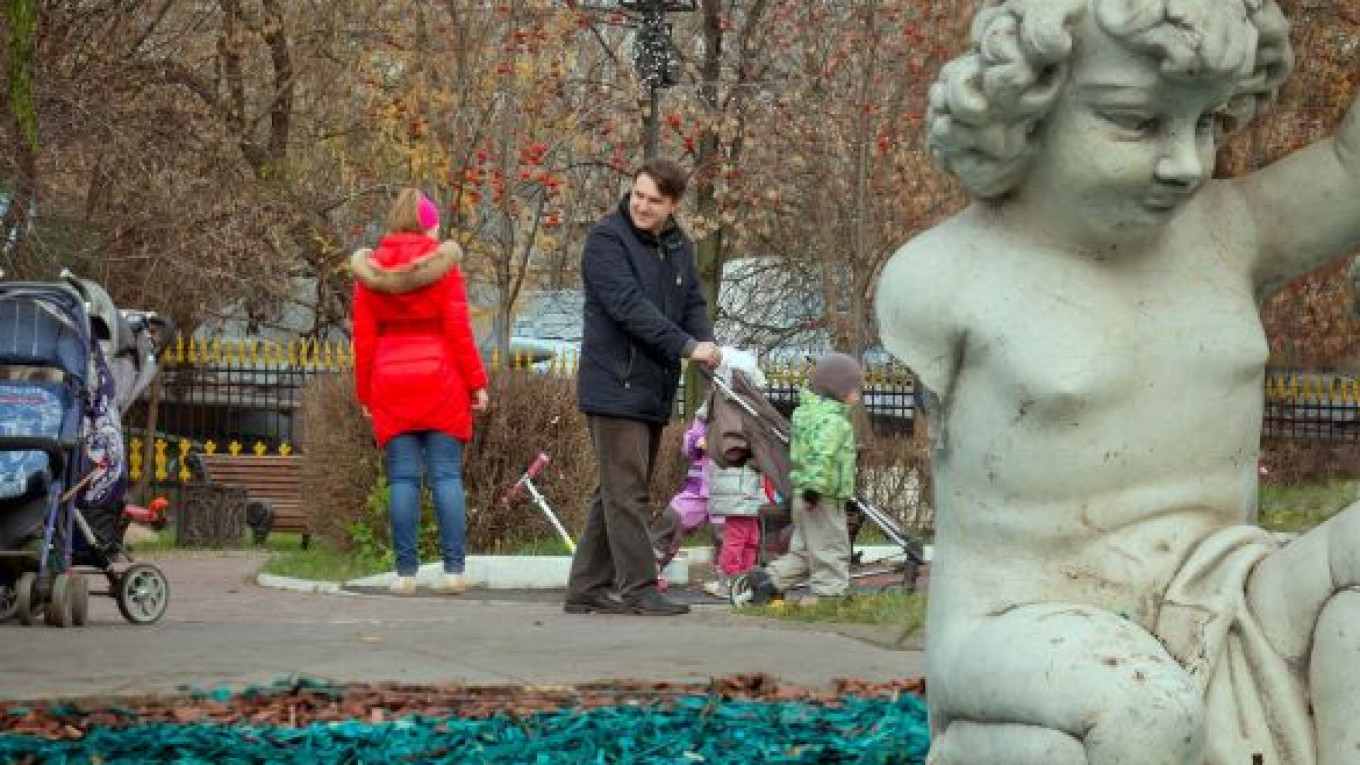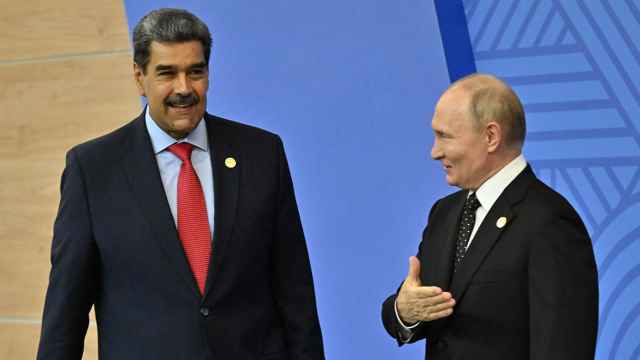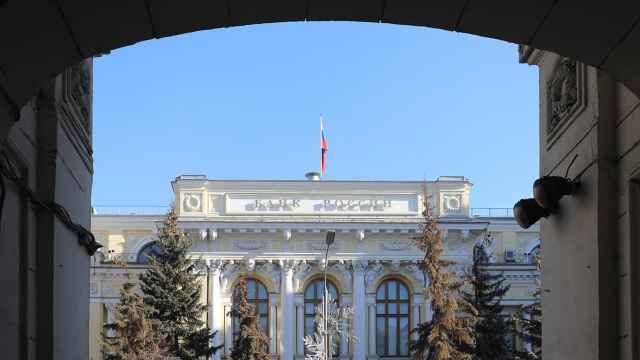Less than 20 percent of Russians would ever consider adopting a child, due to insufficient income, a lack of government support and poor housing conditions, according to the results of a poll released Wednesday.
But despite Russians' aversion to taking in orphans, the number of domestic adoptions is expected to more than double this year, from 6,600 to about 15,000, signaling that state measures to boost domestic adoptions may be showing results.
At the crossroads of demographics and politics, adoption has taken on increased significance in Russia after the loss of the U.S. as a destination for Russian orphans last year.
The passage in December 2012 of the Dima Yakovlev Act, which banned all adoptions of Russian children by U.S. citizens, led to renewed efforts to boost domestic adoptions and thereby to keep Russian children in the country. The Dima Yakovlev Act was a response to the U.S.'s Magnitsky Act, which imposes visa and financial restrictions on Russian officials implicated in corruption or human rights violations.
In February, parliament passed a bill that provides Russian parents with financial incentives to adopt a child, including tax benefits that increase with every child adopted and that are greater if the adopted child is disabled.
Those incentives seem to be having an effect, with Deputy Prime Minister Olga Golodets reporting last month that the number of children adopted domestically is set to reach 15,000 by the end of the year, representing more than a two-fold increase from last year's figure.
A poll released Wednesday by the Foundation for Supporting Children in Difficult Situations shows that public reluctance to adopt remains widespread, however.
Eighty-two percent of poll respondents said they would never adopt a child, while 16 percent said they would be willing to adopt a child at some unspecified point in the future, RIA Novosti reported.
Yet, according to the poll, most Russians believe that orphans should be adopted by Russian families.
Some 62 percent of respondents said growing up in an adoptive family is better than in a Russian orphanage, and more than 73 percent said they believe that adoption by Russian parents is preferable to adoption by foreigners. Another 32 percent of those surveyed said that foreign adoption was unacceptable under any circumstances. No margin of error was given for the poll of 1,952 people across the country.
Anecdotal evidence suggests that much work remains to be done to increase domestic adoption rates and to fill the gap left by planned adoptions by U.S. citizens.
Earlier this month, it emerged that only one of 33 orphans in St. Petersburg who were to be adopted by American families has been adopted domestically.
Sergei Kukhar, director of Moscow's Orphanage No. 18, said by phone Wednesday there had not been any noticeable changes in adoption patterns over the last year at his institution.
“The situation has stayed the same,” Kukhar said.
Children's ombudsman Pavel Astakhov said Tuesday that even last year the number of domestic adoptions (6,600) was about 2 1/2 times more than the number of foreign adoptions (2,600). Speaking at a conference on orphans' issues in Moscow, he also argued that domestic adoptions needed to be increased for demographic reasons.
“Demographic predictions show that by 2025, there will be 22 million Russian children compared to 105 million American children,” Astakhov said, RIA Novosti reported. “We should not be giving our children to the Americans.”
Contact the author at [email protected]
A Message from The Moscow Times:
Dear readers,
We are facing unprecedented challenges. Russia's Prosecutor General's Office has designated The Moscow Times as an "undesirable" organization, criminalizing our work and putting our staff at risk of prosecution. This follows our earlier unjust labeling as a "foreign agent."
These actions are direct attempts to silence independent journalism in Russia. The authorities claim our work "discredits the decisions of the Russian leadership." We see things differently: we strive to provide accurate, unbiased reporting on Russia.
We, the journalists of The Moscow Times, refuse to be silenced. But to continue our work, we need your help.
Your support, no matter how small, makes a world of difference. If you can, please support us monthly starting from just $2. It's quick to set up, and every contribution makes a significant impact.
By supporting The Moscow Times, you're defending open, independent journalism in the face of repression. Thank you for standing with us.
Remind me later.






